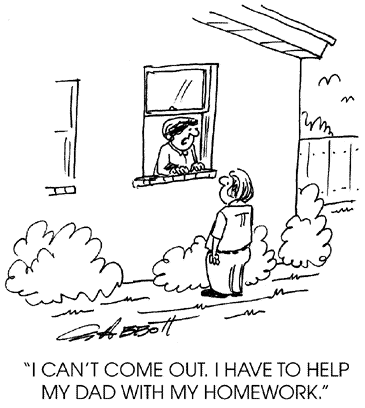What are the Characteristics of TCKs?
There are different characteristics that impact the typical Third Culture Kid:
There are different characteristics that impact the typical Third Culture Kid:
- TCKs are 4 times as likely as non-TCKs to earn a bachelor's degree (81% vs 21%)
- 40% earn an advanced degree (as compared to 5% of the non-TCK population.)
- 45% of TCKs attended 3 universities before earning a degree.
- 44% earned undergraduate degree after the age of 22.
- Educators, medicine, professional positions, and self employment are the most common professions for TCKs.
- TCKs are unlikely to work for big business, government, or follow their parents' career choices. "One won't find many TCKs in large corporations. Nor are there many in government ... they have not followed in parental footsteps".
- 90% feel "out of sync" with their peers.
- 90% report feeling as if they understand other cultures/peoples better than the average American.
- 80% believe they can get along with anybody.
- Divorce rates among TCKs are lower than the general population, but they marry older (25+).
- Military brats, however, tend to marry earlier.
- Linguistically adept (not as true for military ATCKs.)
- A study whose subjects were all "career military brats"—those who had a parent in the military from birth through high school—shows that brats are linguistically adept.
- Teenage TCKs are more mature than non-TCKs, but ironically take longer to "grow up" in their 20s.
- More welcoming of others into their community.
- Lack a sense of "where home is" but often nationalistic.
- Depression and suicide are more prominent among TCK's.
- Some studies show a desire to "settle down" others a "restlessness to move"
This video by Pico Iyer asks the important questions, Where is home?




